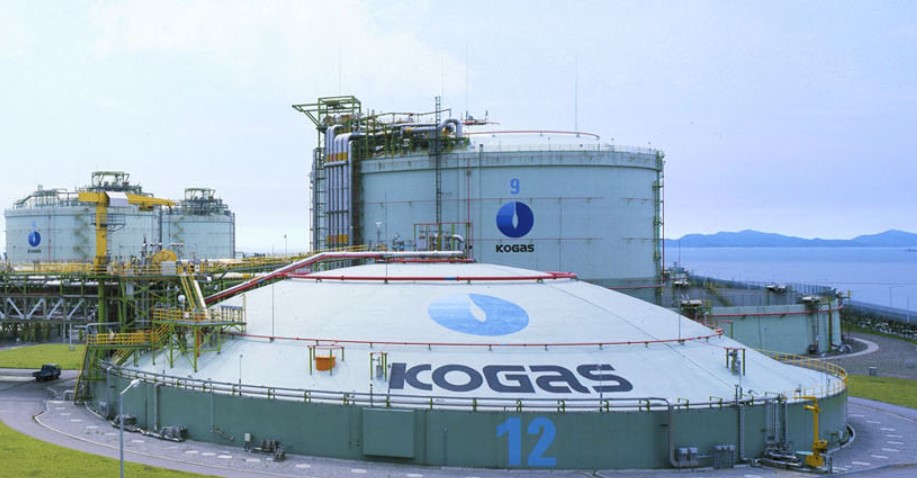South Korean LNG importer Kogas boosted its gas sales year-on-year in May, the second monthly increase this year.
State-owned Kogas sold 2.27 million mt last month, a rise of 6 percent compared to 2.15 million mt in May 2023, according to a stock exchange filing.
May sales dropped just 1.2 percent compared to the previous month’s 2.3 million mt, while in March sales rose 10.9 percent to 3.48 million mt, marking the first monthly increase since August last year.
Purchases by power firms rose 6.2 percent year-on-year to 1.16 million mt in May. These purchases increased 10 percent compared to the previous month.
Moreover, Kogas said its city gas sales rose 5.7 percent year-on-year to 1.11 million mt, while these sales dropped 10.6 percent compared to the month before.
Kogas previously said in its first quarter earnings report that city gas demand rose 5.5 percent during the period.
Residential demand increased due to a lower average temperature and economic recovery, and industrial demand rose due to strong exports which improved manufacturing demand, it said.
Kogas said total power generation decreased 13.6 percent in the first quarter due to higher power generation by direct LNG sourcing companies.
Korean LNG imports
Kogas operates 77 LNG storage tanks at five LNG import terminals in South Korea.
The large terminals include Incheon, Pyeongtaek, Tongyeong, and Samcheok, while the firm has a small-scale regasification terminal at the Aewol port on Jeju island as well.
In addition to these facilities, the firm is building a large terminal in the western port city of Dangjin and expects to launch the first phase in 2025.
Last month, Kogas completed lifting the roof on the first 270,000-cbm tank at its Dangjin LNG import facility.
South Korea imported 44.1 million mt of LNG in 2023, down from 46.3 million mt in the year before, according to customs data.
Official data for South Korean LNG imports in May this year is not yet available.
During January-April, South Korean LNG terminals took 16.78 million mt, down 1.6 percent from 17.06 million mt in the same period last year.
South Korean LNG imports in April rose to 4.15 million mt from 3.15 million mt in April 2023, the data shows.
In January, LNG imports rose to 4.85 million mt from 4.78 million mt in January 2023, while LNG imports in February dropped to 4.20 million mt from 5.08 million mt in the same month last year, and LNG imports in March dropped to 3.57 million mt from 4.03 million mt the data shows.

